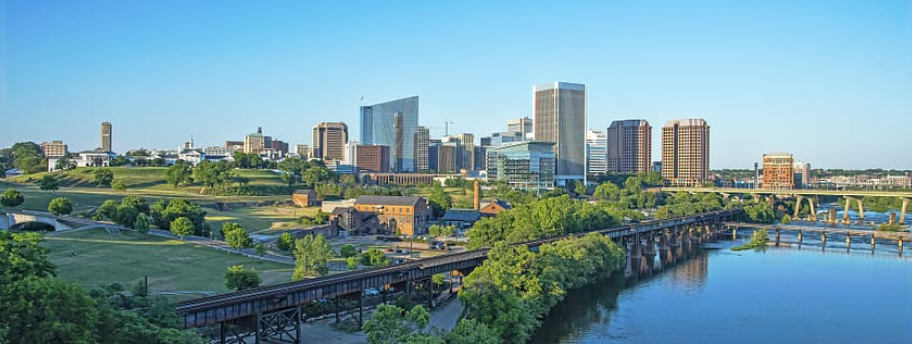Tax Exemption in Roanoke, Virginia
“Statutorily exempt” is the term used to describe owners of land and buildings who, by virtue of their identities, are not required to pay property taxes. Their holdings are still assessed like everyone else’s but no bill is ever generated, despite the fact that they benefit from the same tax-funded amenities (like schools, roads, and public services) as everyone else. So while an organization’s tax exempt status may feel like a foregone conclusion, their savings aren’t actually free. As part of its commitment to transparency in taxation, CPTR explores the specific implications of tax exemptions for cities and towns across the country. This report is focused on the City of Roanoke, VA.
In the State of Virginia, statutorily exempt owners include religious institutions; federal, state, and city entities; public parks and libraries; charities; and more. Using the City’s 2021 tax data, it’s possible to understand exactly how this plays out in Roanoke.



